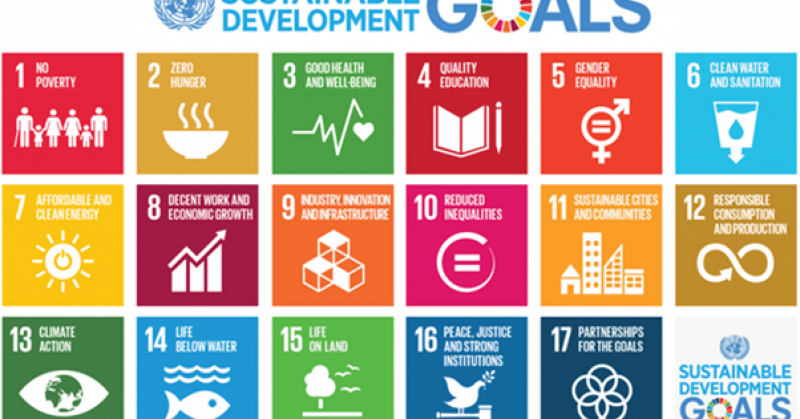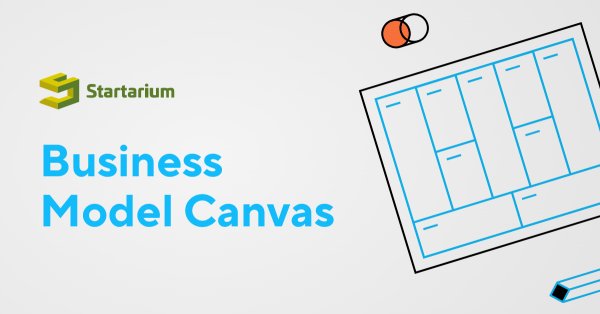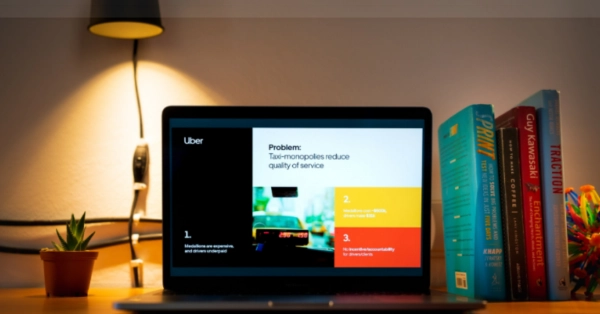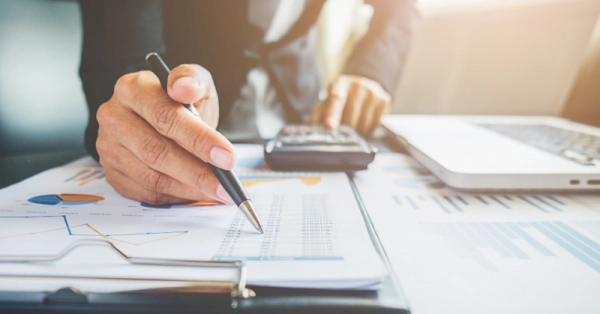In 2015, the United Nations (UN) approved the 2030 Agenda for Sustainable Development. The Agenda has 17 Sustainable Development Goals (SDGs), ranging from education or women's equality, to climate change or the design of more sustainable cities.

The aim of these 17 SDGs is to promote the prosperity and well-being of humanity and the planet in order to achieve them by 2030. The challenges address global issues that require solutions, and within each goal there are 169 specific targets focusing on how the goals can be achieved.
The 17 SDGs target the following areas:
- End of poverty: Extreme poverty has been cut by more than half since 1990- however, more than 1 in 5 people live on less than $1.25 a day. Poverty is more than lack of income or resources- it includes lack of basic services, such as education, hunger, social discrimination and exclusion, and lack of participation in decision making.
- Zero hunger: Achieve food security and improved nutrition and promote sustainable agriculture. Globally, 1 in 9 people are undernourished, the vast majority of these people live in developing countries
- Health and well-being: Ensure healthy lives and promote well-being for all at all ages. Significant accomplishments have been made in increasing life expectancy and reducing child and maternal mortality, and major progress has been made on increasing access to clean water and sanitation. However, only half of women in developing countries have received the health care they need. An important target is to reduce the number of deaths and illnesses from pollution-related diseases.
- Quality education: Ensure inclusive and equitable quality education and promote lifelong learning opportunities for all. Access does not always mean quality of education, or completion of primary school. Currently, 103 million youth worldwide still lack basic literacy skills, and more than 60 per cent of them are women
- Gender equality: Achieve gender equality and empower all women and girls. Providing women and girls with equal access to education, health care, decent work, and representation in political and economic decision-making processes will fuel sustainable economies and benefit societies and humanity at large
- Clean water and sanitation: Ensure availability and sustainable management of water and sanitation for all.
- Affordable and clean energy: Ensure access to affordable, reliable, sustainable and modern energy for all.
- Decent work and economic growth: Promote sustained, inclusive and sustainable economic growth, full and productive employment and decent work for all
- Industry, innovation and infrastructure: Build resilient infrastructure, promote inclusive and sustainable industrialization and foster innovation.
- Reducing inequalities: Reduce income inequality within and among countries.
- Sustainable cities and communities: Make cities and human settlements inclusive, safe, resilient and sustainable.
- Responsible production and consumption: Ensure sustainable consumption and production patterns
- Climate action: Take urgent action to combat climate change and its impacts by regulating emissions and promoting developments in renewable energy.
- Life below water: Conserve and sustainably use the oceans, seas and marine resources for sustainable development
- Life of terrestrial ecosystems: Protect, restore and promote sustainable use of terrestrial ecosystems, sustainably manage forests, combat desertification, and halt and reverse land degradation and halt biodiversity loss
- Peace, justice and strong institutions: Promote peaceful and inclusive societies for sustainable development, provide access to justice for all and build effective, accountable and inclusive institutions at all levels.
- Partnerships to achieve the goals
What can entrepreneurs do to contribute to the SDGs?
Entrepreneurs play a fundamental role in implementing the SDGs because of their immense transformative power both in the business and the creative sector.
Organizations are made up of individual persons who, in turn, are part of society, relate to each other and to the environment, consume and have an impact with the habits they have.
That is why it is important to integrate in the business strategy and also imperative that each person in the team(small or big) internalizes the importance of these goals and knows the guidelines and actions to be implemented to achieve them.
Therefore, there are measures that, both externally and internally, startups can take to contribute to the SDGs.
- Raise awareness and train everyone in the team on SDGs, so that common values are established.
- Identify SDGs that relate to the strategic focus of the project and that can be worked on coherently and comprehensively.
- Develop alliances with other entrepreneurs and organizations.
- Expand the message of the SDGs outside your team, among stakeholders and the business sector as a whole and the general public.
- Collaborate with people and organizations in the same sector to seek innovation under sustainability criteria and specific ways for the sector to contribute to the SDGs.
- Promote partnerships to develop and share technology, knowledge and business models under sustainability criteria.
- Support the development of local businesses
- Create joint collaboration tools and initiatives.
- Participate in conferences, events and workshops to share best practices on SDGs.























